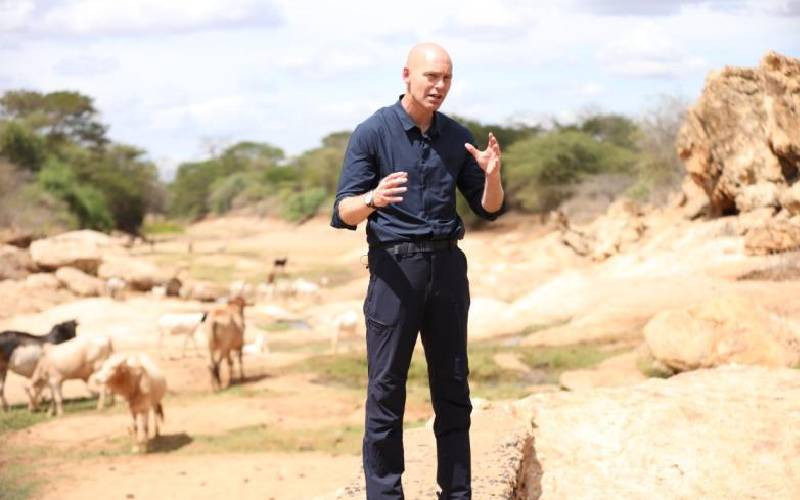
The East Africa region will experience drier-than-usual conditions between January and March 2025, the Climate Prediction and Applications Center of the Intergovernmental Authority on Development (IGAD), a regional bloc, said on Monday.
The center said in a forecast that the drier conditions will affect mainly Ethiopia, Uganda, Rwanda, Kenya, Burundi, and Tanzania.
The region will also record warmer-than-usual temperatures during the January-to-March 2025 season. "Normal temperatures are likely to be recorded in a few areas of northern Uganda and western Sudan," it said.
The center observed that across the region, only southern Tanzania and southwestern Uganda would experience wetter-than-usual conditions during the period, an indication of increased climate variability in the region due to climate change.
The Horn of Africa region is among the worst hit by climate change as drought, floods, and pests become common amid higher temperatures of 32 degrees Celsius, according to the center.
More than 64 million people needed humanitarian assistance in the Horn of Africa at the end of November due to conflicts and climate shocks, the Food and Agriculture Organization of the United Nations and IGAD noted in a recent report.
 The Standard Group Plc is a multi-media organization with investments in media platforms spanning newspaper print
operations, television, radio broadcasting, digital and online services. The Standard Group is recognized as a
leading multi-media house in Kenya with a key influence in matters of national and international interest.
The Standard Group Plc is a multi-media organization with investments in media platforms spanning newspaper print
operations, television, radio broadcasting, digital and online services. The Standard Group is recognized as a
leading multi-media house in Kenya with a key influence in matters of national and international interest.











